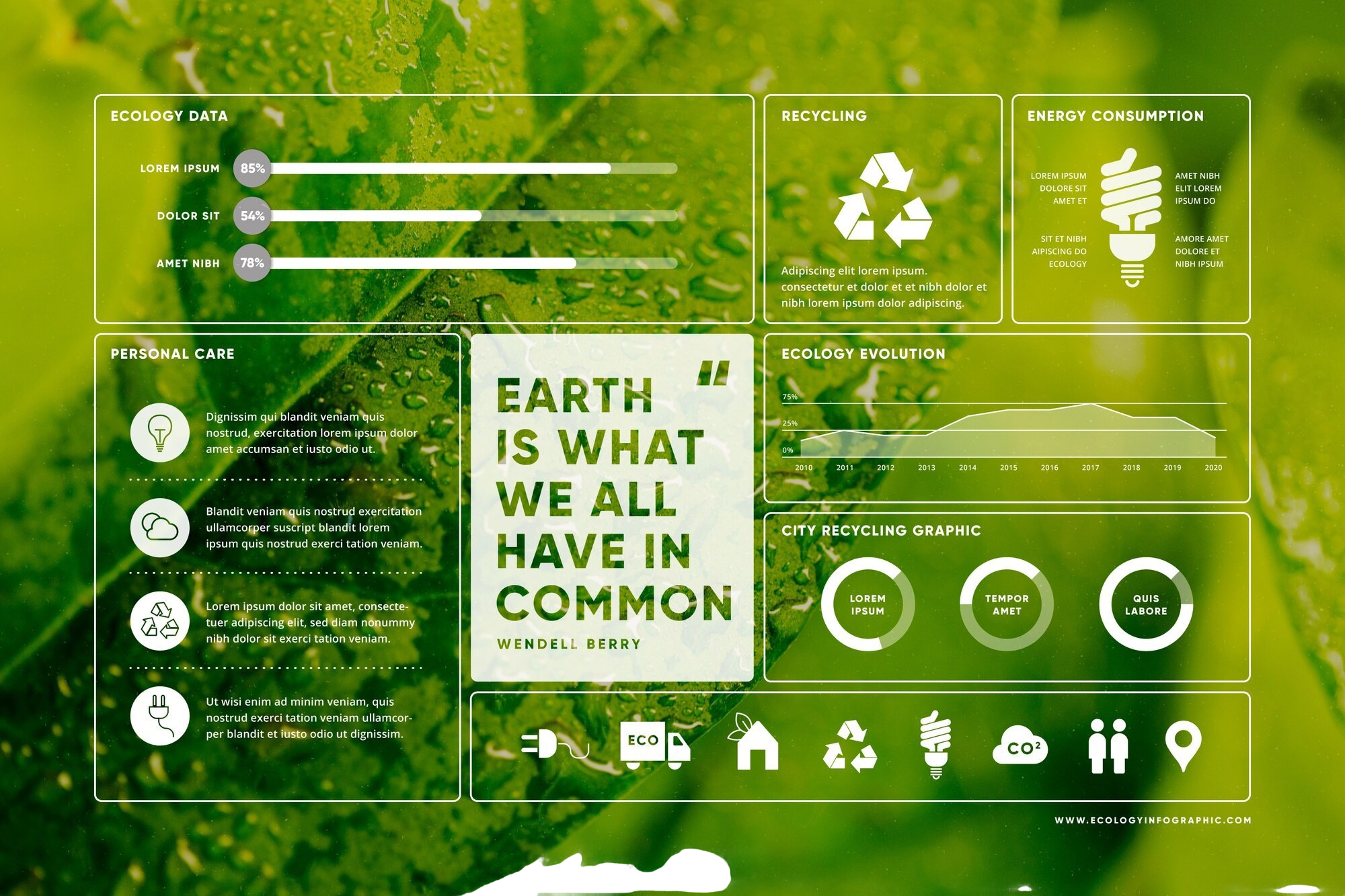The UK government has announced a £7.2 million funding commitment to support developing nations in transitioning towards nature-positive economies. The funding will be allocated to the International Nature Positive Economy Programme, which was unveiled at the CBD COP15 conference in Montreal by Treasury Lords Minister Baroness Penn. The initiative aims to embed nature-based decision-making into the economic frameworks of low and lower-middle-income countries, helping to protect both global biodiversity and vulnerable communities.
Baroness Penn emphasized the importance of nature for the global economy, noting that the failure to address biodiversity loss could severely impact food security, development, and public health. “By helping countries integrate nature into their decision-making, we’re not only fostering a sustainable economy but also protecting the world’s poorest,” she stated.
The programme focuses on several key areas:
- Private Sector Readiness: Financial institutions and businesses in participating countries will receive training to manage and disclose nature-related financial risks, in alignment with the Taskforce on Nature-related Financial Disclosures (TNFD) framework.
- Policy Integration: Governments and regulators will be equipped with the tools and knowledge necessary to craft policies that address nature-related risks, promote market opportunities, and rebuild natural capital.
- Action Plans: Partner countries will develop financial action plans that direct both public and private sector funds towards ecosystem protection and restoration efforts.
- Evidence Sharing: The initiative will foster evidence sharing to inform decision-making, building networks of practice and platforms for knowledge exchange to improve economic and financial outcomes.
The programme will be delivered in partnership with the UNDP’s Biodiversity Finance Initiative (BioFin) and Financial Sector Deepening Africa (FSD Africa), further supporting global efforts to safeguard biodiversity while ensuring long-term, sustainable growth in developing regions.
Excerpts From: www.esgnews.com


